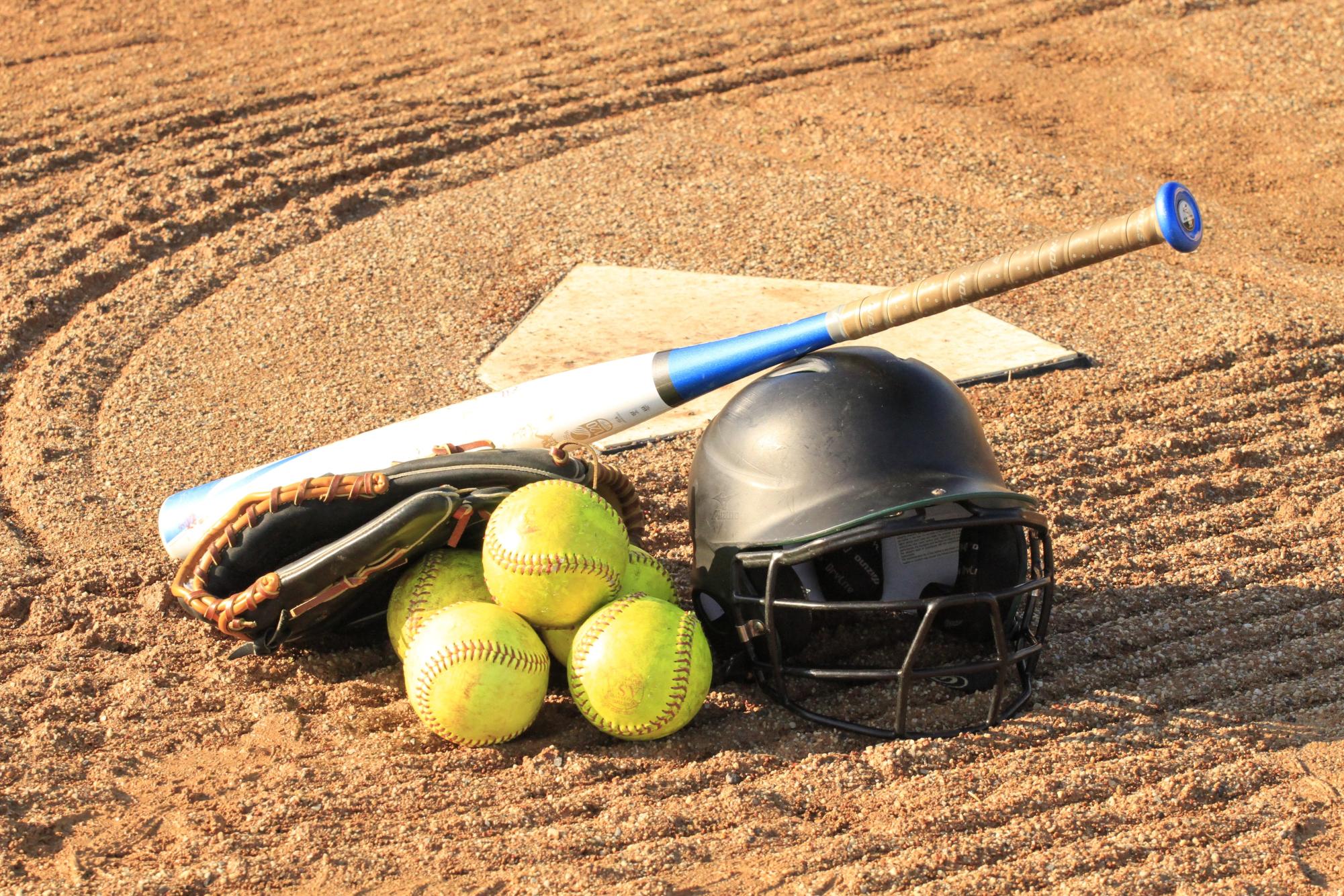(This story was originally published in The Elevator in June, 2023.)
As the Oregon City High School softball team arrived at Lakeridge High School on Thursday, May 11th to compete in a league game, they noticed something different about Lakeridge’s jerseys. Instead of the normal light blue and black colors, their jerseys were black and green, and all of the players had green ribbons in their hair.
May is Mental Health Awareness month, and Lakeridge softball was shining a light on that.
A green ribbon, which is commonly worn to show others that you care about mental health, is the international symbol of mental health awareness.
The mental health of athletes has been undoubtedly overlooked for a long period of time. Even small gestures, such as wearing green, can make the invisible issue visible.
Oregon City softball players and coaching staff feel strongly about the importance of the mental health of athletes, and they were glad to see that Lakeridge was bringing awareness to the topic.
Junior second baseman for Oregon City, Samantha Marsh, said, “It was very inspiring.”
“It opens the conversation to athlete’s mental health and normalizes those conversations,” she said.
Marsh explained that she struggles with her own mental health, and she knows her teammates do too. Normalizing these conversations is so crucial because of how widespread these issues are.
Background
In any sport, the mind is oftentimes an athlete’s greatest enemy, and blocking out tentative thoughts can be extremely difficult.
“Softball is my hardest challenge and also my most loving friend,” Marsh said.
Abstaining from reaching out for mental health support can cause all of these negative feelings to build up, which can lead to serious issues.
According to the University of Pittsburgh Medical Center (UPMC), during and after recovery, injured athletes are especially vulnerable to substance use, depression, and PTSD because of the obligation felt to heal as quickly as possible in fear of losing scholarships and letting people down.
Student athletes are more likely to experience a mental health crisis, and overall team success is affected when athletes do not receive the resources they need to prosper.
Advocacy
In 2021, The Oregonian reported six female track athletes at the University of Oregon who left the program because of the toxic environment.
Former track coach, Robert Johnson, enforced DEXA scans on all of his athletes.
A DEXA scan is a medical imaging test that uses X-Rays to accurately measure bone density and body fat percentage
According to The Oregonian, the athletes felt that they were at risk of eating disorders because of the program’s approach on collecting data on their weight and body fat percentages.
The athletes felt devalued as individuals, and blatantly disrespected by their own coach.
“Coaches need to listen to athletes more often,” Taylor Balfour, Oregon City softball assistant coach, said. “More trust and one-on-one conversations need to be had.”
First-Hand Experience
Taylor Balfour is a Linfield softball alumni, and was diagnosed with bipolar disorder in 2018 at 22-years-old.
When you are in a position of having a mental health crisis, Balfour explained, reaching out for help is not easy.
She said that during her time as a student-athlete in high school and college, there were not many resources available for herself and others who were struggling with their mental health.
“We had one sports psychologist on campus at Oregon State, and they would always be booked out for at least a month and a half at a time,” OSU baseball alumni and mental performance coach Zak Taylor, said.
Mental health does not define a person, and that is one of the biggest messages that Zak relays to his clients.
“It’s okay that you’re feeling the way you do,” he said, “Don’t ever feel like you have to be perfect in anything that you do.”
Similarly aligning with Marsh’s view, Balfour feels that athletes need some pressure taken off of them.
Balfour said that being judged as a person and a player based on numbers and stats was the biggest “hurdle in the heart.”
Panic attacks, shortness of breath, jitters, rapid heartbeat, and sweating are all symptoms that athletes with performance anxiety experience, as reported by the UPMC.
All that pressure adds up, explained Marsh, “It pushes me past my limits and induces a lot of stress.”
Battling the Stigma
Across the state of Oregon, there have been several movements and campaigns established at colleges solely for the purpose of destigmatizing mental health issues.
“Duck the Stigma,” a campaign at the University of Oregon, was created by a group of collegiate athletes with the goal of normalizing mental health conversations in athletics.
In an article by The Daily Emerald, a student-run newspaper at the University of Oregon, it is stated that, “[Jenna Lilley] realized all of the constant pressures of being a collegiate-athlete had been building up for months. All the negative thoughts had escalated into severe anxiety and depression,” student journalist, Maggie Vanoni, wrote.
Due to the stigma around seeking mental health help or support, athletes will frequently suffer in silence; Jenna Lilley, an Oregon Duck athlete being a prime example.
According to the American College of Sports Medicine (ACSM), although roughly 30% of female student athletes and 25% of male student athletes report having anxiety, only 10% seek care from a mental health professional.
Mental health challenges are not limited to student athletes. The ACSM reported that 35% of elite and professional athletes suffer from burnout, disordered eating, depression and/or anxiety.
Global Pandemic
COVID-19 had a negative impact on the well-being of student-athletes. Sports went dark, along with the rest of the country, during the pandemic.
In an athlete well-being survey conducted by the NCAA in 2022, data reported that rates of mental exhaustion, anxiety and depression remain 1.5 to 2 times higher than identified before the COVID-19 pandemic.
The survey contained responses from roughly 9800 students across the United States.
COVID-19 intensified the decline of the mental health of athletes. Taylor explained that for many athletes, their sport is their “outlet,” and it was “really hard” when they were unable to participate.
Looking Ahead
Although progress has been made, such as better resources and more support, the issue of mental health still lingers on athlete’s minds.
Aiming for achievable goals, setting up a support system, and identifying ways to cope are all steps that can help an athlete take control of their mental health according to UPMC.
As the mental health of athletes gains attention, more and more resources are becoming available, which gives many former, current, and future athletes hope for the future.






![[This image was not present in the original story]
Photo via Unsplash.com](https://ochselevator.com/wp-content/uploads/2023/11/jacky-huang-yfN3UtlXhFU-unsplash-1200x801.jpg)